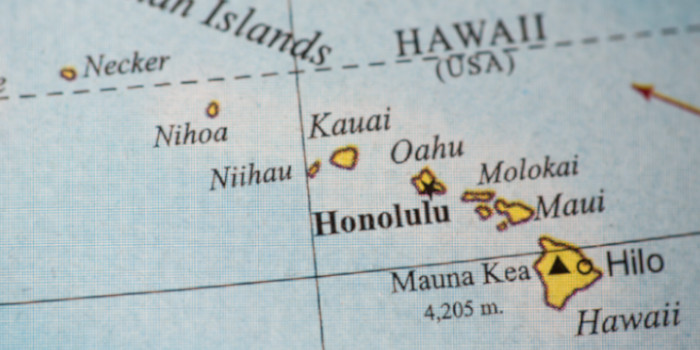The Aloha State’s dogged resistance to the introduction of legalized gambling is finally beginning to fade, as more legislators have been insisting that the state desperately needs a tourism boost and a way to generate more revenue while taking aim at illegal gambling.
Despite the gathering momentum, a proposal that would have seen online sports gambling legalized with the help of mainland companies such as DraftKings and FanDuel failed to muster sufficient support after a vote on Wednesday and push through legislation this year
This means that no other attempt may be coming before Hawaii wraps up its current session. But criticism against the short-sightedness of some lawmakers is being heard and particularly from those who lobby and see sports gambling as a good thing.
Legal Sports Gambling Is the Lesser of Two Evils
As Sports Betting Alliance supporter, Pat Gibbs, has it, sports gambling is already part of Hawaii, but the state is completely cut out. At least 276,000 people are gambling with offshore or unlicensed sportsbooks, placing a total sports handle of $670 million, money that could have otherwise been run through the state’s legal entities if such existed.
Gibbs was talking to the House Economic Development Committee and citing the data from an Ernst and Young study which took a look into the Hawaiian gambling market at its present stage. The study had one fatal flaw, however, as it relied on national data extrapolation and had not looked properly at local consumers’ habits and the actual numbers among Hawaiian residents.
Gibbs though assured that this was not cherry-picking, and insisted that it was near-impossible to get actual data from the unlicensed operators as they would be loath to share their numbers with the regulator, or inadvertently – the competition.
Odds Stacked Against Legalizing and Gamblers Alike
Not everyone agrees with the assessment of benefit versus harm when it comes to sports gambling. Rep. Elijah Pierick has argued that sports gambling is bad for those who practice it, regardless of the market they participate in.
Pierick said that the odds are stacked against gamblers and that they cannot actually win most of their wagers because of that. He was opposed by Rebecca London who ensured that her company, DraftKings, is actually capable of taking a good look at player habits and ensuring that they are protected from harmful gambling practices.
DraftKings and other regulated entities, London said, intervene to make sure that consumers do not overspend and manage their money well when it comes to sports gambling. Yet, there were surprising changes of heart. One blow came from Rep. Daniel Holt who was seen as a proponent and friend of gambling efforts.
He even insisted that legalizing sports gambling is the only way to quash illegal gambling in places such as Kalihi district, but ultimately voted to strike down the proposal on Wednesday to the despair of many, and the satisfaction of the black market.


